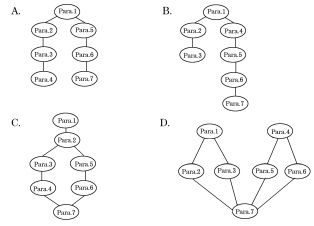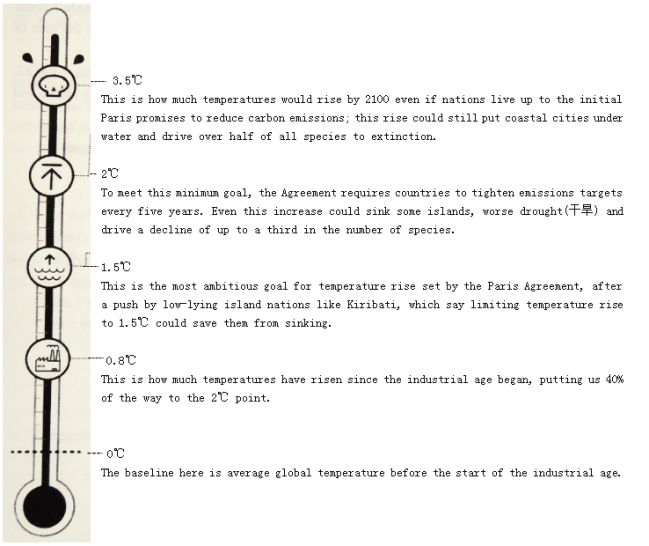题目内容
【题目】假定英语课上老师要求同桌之间交换修改作文,请你修改你同桌写的以下作文。文中共有10处语言错误,每句中最多有两处。错误仅涉及一个单词的增加、删除或修改。
增加:在缺词处加一个漏字符号(∧),并在其下面写出该加的词。
删除:把多余的词用斜线(\)划掉。
修改:在错的词下划一横线,并在该词下面写出修改后的词。
注意:1.每处错误及其修改均限一词;
2.只允许修改10处,多者(从第11处起)不计分。
Dear Jack,
How are you! "World Water Day" is coming. Our school have decided to hold many activity to celebrate it. I hope you can make a speech for the specially day.
The speech, which title is "how to deal with waste water and recycle it", is important for us, because of water pollution is more and more serious it's important to encourage students save water. However, we invite you to make a speech for the students or teachers. I believe that you speech is helpful and can let everyone know how to make full use of water. I would appreciate it if you can accepted my invitation.
Yours,
Xiao Ming
【答案】
【解析】1.have改为has.
考查主谓一致。根据句子可知,have的主语是the school,是单数。故把have改为has.
2.activity改为activities.
考查名词的数。概括意可知,many activity,许多活动,要用复数,故把activity改为activities。
3.specially改为special
考查形容词作定语。句意:我希望你能为这特别的日子里做一次演讲。分析句子可知,specially是修饰名词day。修饰名词不能副词,而是用形容词,故要把副词specially改为special。
4.which改为whose。
考查定语从句。根据句意可知,先行词the speech在定语从句中作定语,修饰名词title,故要用whose而不能用which。句意:演讲题目是“如何处理废水并循环利用”。因此要把which改为whose。
5.because后的of去掉。
考查连词。Because+句子,而because of+跟名词短语。而句子中的water pollution is more and more serious 是句子,所以不能because of。故把because后的of去掉。
6.save前加to.
考查固定搭配。句意:鼓励学生节约用水是很重要的。encourage sb. to do sth,为固定用法,意为“鼓励某人做某事”,文中的句子中缺少了to,故在save前加to.
7.However改为Therefore/Thus/So
考查连词。句意:因此,我们邀请您为学生和老师做演讲。分析上下两句的意思可知两句是因果关系,故把.However改为Therefore/Thus/So。
8.or改为and
考查连词及语境。根据上下文的内容可知,为学生和老师做演讲,故把or改为and
9.you改为your
考查人称代词。根据句意可知,是你的演讲,you来修饰名词speech,故把you改为your.
10.accepted改accept
考查情态动词+动词原形。分析句子可知,情态动词后要跟动词原形,故把.accepted改accept.






